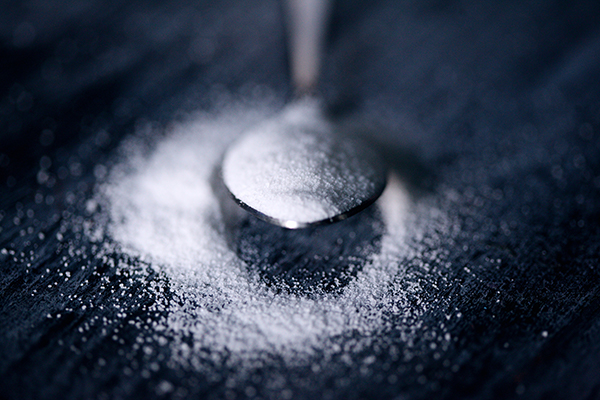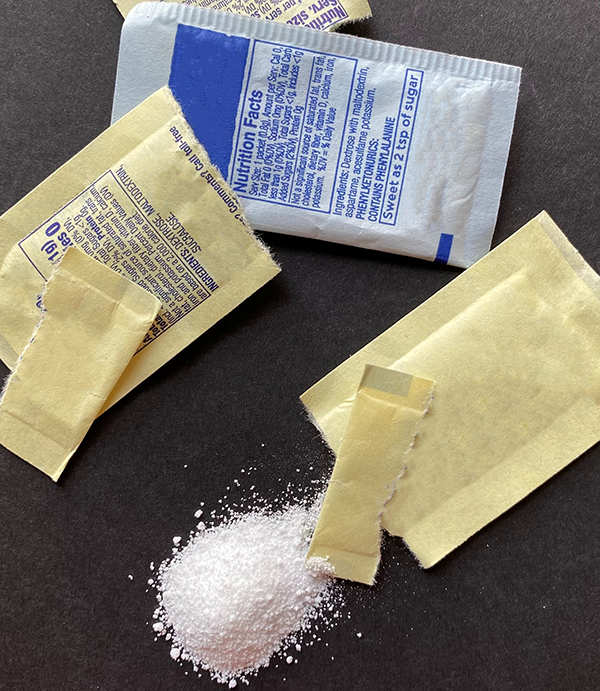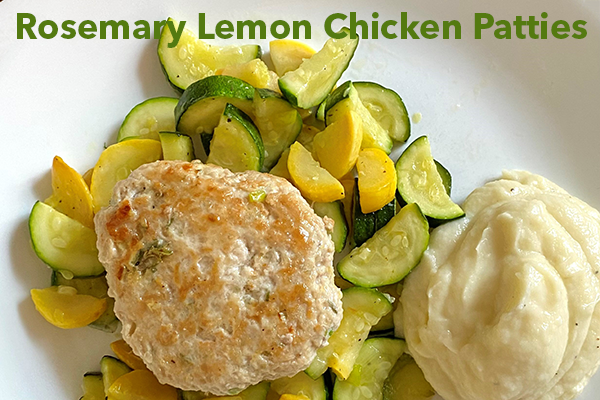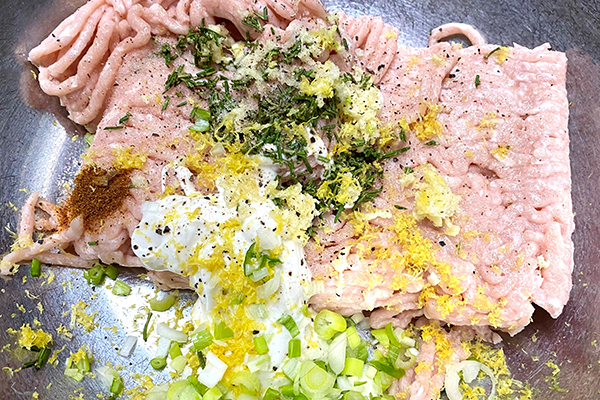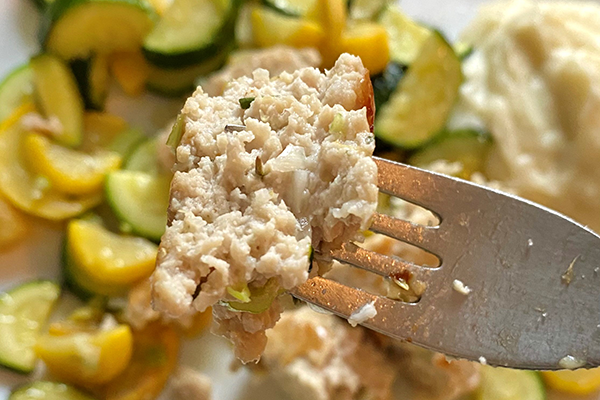Artificial sweeteners have been around for decades promising benefits such as reduced risk for diabetes and weight reduction. However, what most research is finding is that they don’t do either of these things and they might be doing more harm than good.
Over the years, as we learn more about how our bodies function, we have to update our knowledge around how these sweeteners impact our bodies. We also have new technologies that allow us to learn more about how these compounds are metabolized and how they might impact genetic expression.
Recent Research
Approval for sucralose to be used in foods was based on research done in the 1980’s and early '90’s. The knowledge and technology then just weren’t around to fully understand how it impacts our bodies. It might be time to revisit that based on recent research.
Sucralose has been in the headlines recently for some new research thanks to new technology. In a study released just a few months ago, researchers found that sucralose and its metabolites significantly increased the expression of genes associated with inflammation, oxidative stress and cancer. It also indicated that these compounds impaired intestinal barrier integrity (promoting leaky gut) and function and inhibited two major pathways of liver detoxification (part of the Cytochrome P450 family), increasing the potential for toxicity of anything else needing to use those pathways like drugs or other toxins. Not good.
Another recently released, very large study found that the use of artificial sweeteners, including aspartame, acesulfame potassium and sucralose, was strongly associated with an increased risk of cardiovascular disease and cerebrovascular disease. And yet another recent study found that long term use of aspartame was linked with increased body fat, weight gain and risk of obesity.
Updated Guidelines
The World Health Organization (WHO) recently released new guidelines around the use of non-sugar sweeteners (NSS).
WHO suggests that non-sugar sweeteners not be used as a means of achieving weight control or reducing the risk of noncommunicable diseases.
I love this quote from the WHO Director of Nutrition and Food Safety:
“Replacing free sugars with NSS does not help with weight control in the long term. People need to consider other ways to reduce free sugars intake, such as consuming food with naturally occurring sugars, like fruit, or unsweetened food and beverages. NSS are not essential dietary factors and have no nutritional value. People should reduce the sweetness of the diet altogether, starting early in life, to improve their health."
They state that the recommendation applies to all people except individuals with pre-existing diabetes, which I would assume is there for liability reasons.
Also in July of this year, the International Agency for Research on Cancer and the WHO classified aspartame as “possibly carcinogenic to humans,” which isn’t a surprise when you look at all of the research. This topic has been debated for years, especially since there is so much money behind the use of aspartame. I think it’s worth taking note that such a large and prominent group publicly came forward with this statement. Even if the evidence for aspartame and cancer isn’t 100%, we know that it’s not helping your health in any way and there are plenty of other reasons to avoid it besides risk of cancer.
Do artificial sweeteners live up to their hype? Spoiler alert - they might be doing more harm than good. #saslife Click To TweetBottom Line
We have still a lot to learn about how the human body functions and what can alter these functions. However, what the overwhelming majority of research tells us is that eating real, whole foods work the best, and the more we consume highly processed foods the sicker we become.
As I’ve noted before, the bottom line with any sweetener is to enjoy it in moderation. Regardless of if the sweetener used is natural, not natural, contains calories, or is “no-calorie,” it still can perpetuate the sweet cravings for many of us. Having an overall healthy and balanced diet with sweets occasionally is ideal.
Rosemary Lemon Chicken Patties
Makes 4 servings
Recipe adapted from: The Daley Plate
PRINT RECIPE
This recipe has nothing to do with sweeteners, but it is a great, quick and easy dinner.
Ingredients
1lb ground chicken
2 Tbsp sour cream (I used dairy-free Kite Hill sour cream)
1 heaped tsp chopped fresh rosemary
1 tsp kosher salt
½ tsp cayenne pepper
2-3 minced garlic cloves
Zest of 1 medium sized lemon
2 Tbsp chopped chives or green onions
olive oil for cooking
Directions
1. Combine all ingredients in a medium-sized bowl and gently mix until everything is evenly distributed. Do not overwork to promote a better texture.
2. Heat some olive oil in a skillet over medium high heat and divide chicken mixture into four equal parts. Flatten gently to form patties, then sear for 5-8 minutes per side or until internal temperature reaches 160°F.
3. Serve immediately with your favorite side dish. My preferred sides are green vegetables like collards or sautéed zucchini and squash and this Double Parmesan Mashed Cauliflower.
